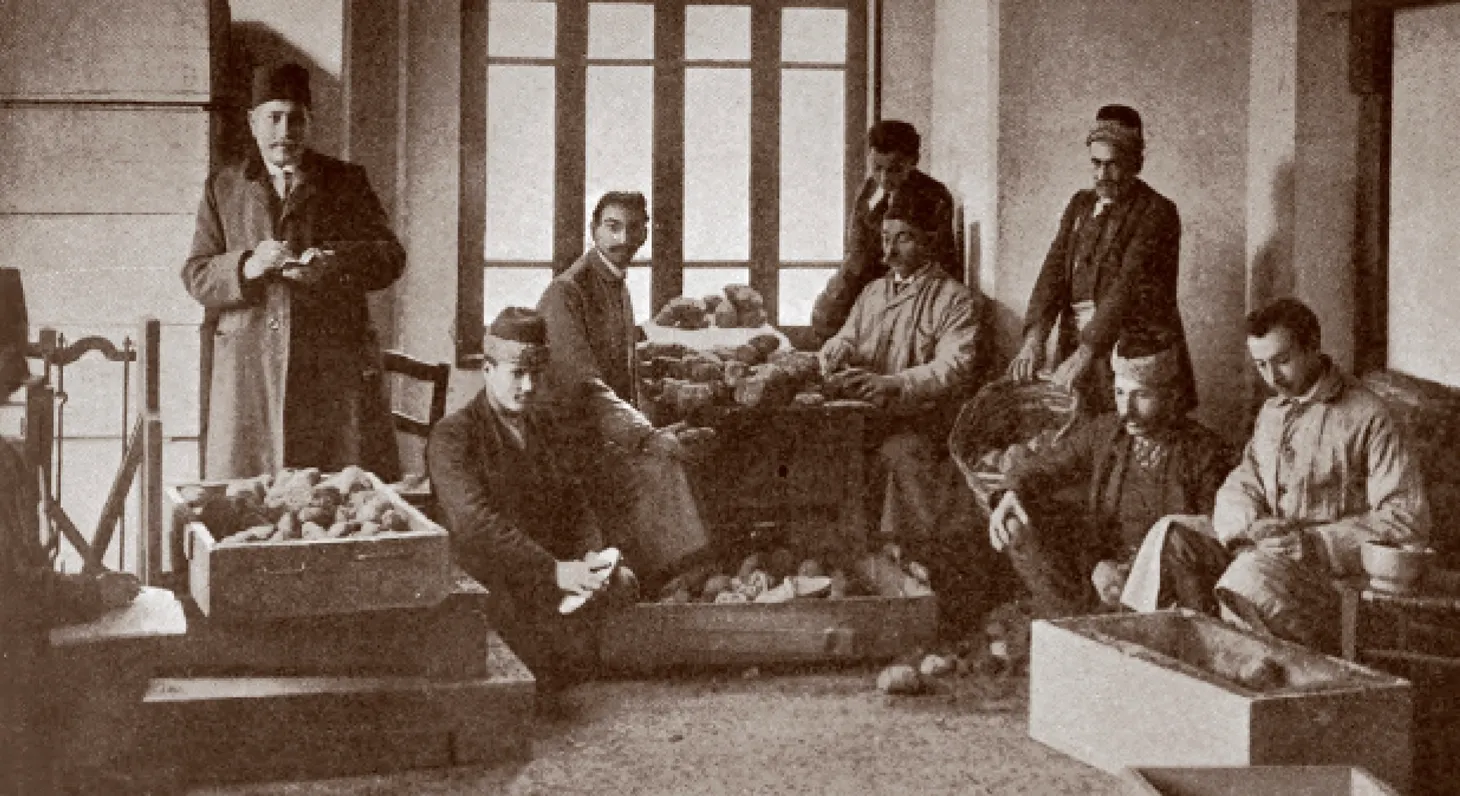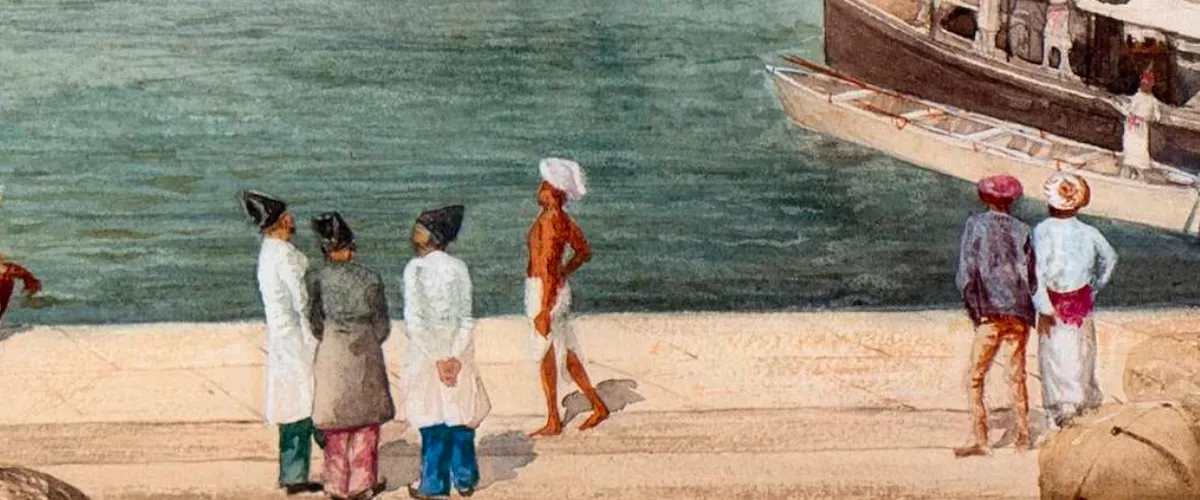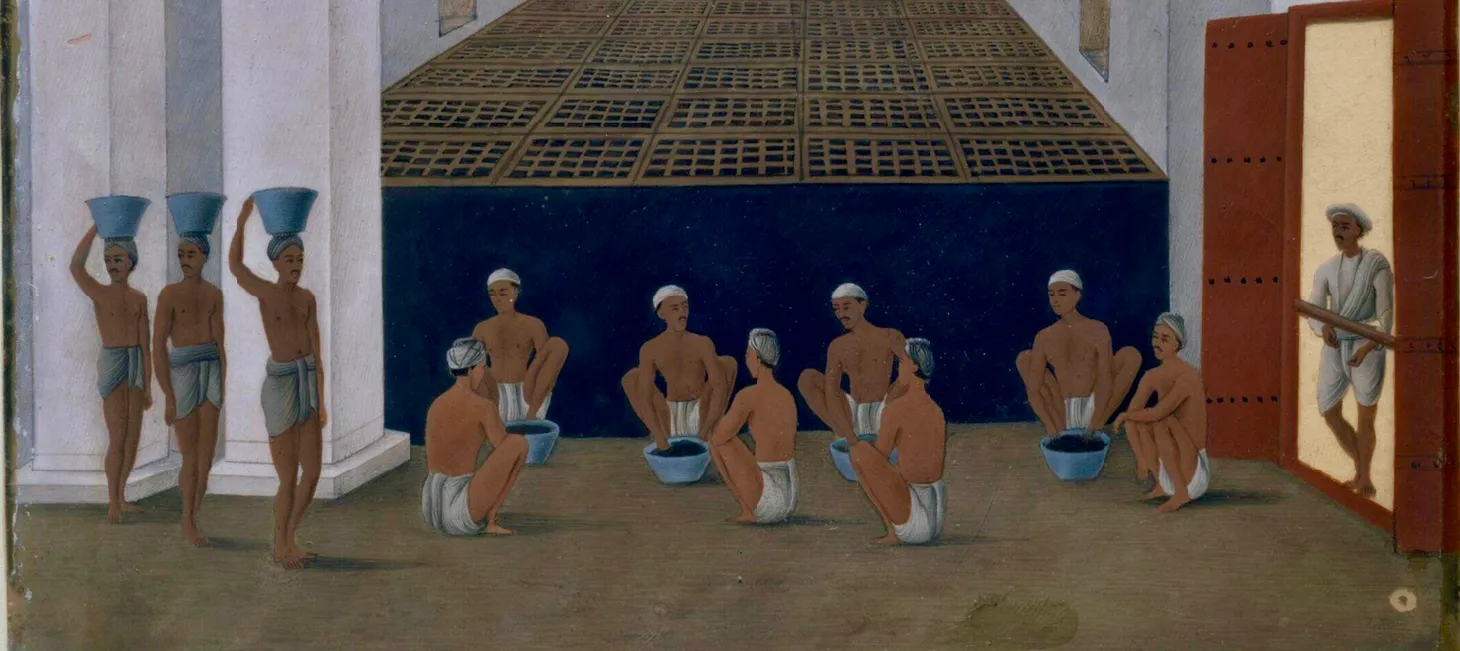“Its Immediate Effects Have Been Simply Disastrous”: Some Thoughts on Teaching New Imperialism
Some reflections about teaching imperialism and a collection of all recent posts about New Imperialism.

Table of Contents
During the past two months, I have written a lot about how we can teach imperialism in the late nineteenth and twentieth centuries. When I began this series, I discussed some themes and approaches for how we can teach about imperialism without falling into problematic discussions about the positives and negatives of imperialism.
I advocated using a framework of “New Imperialism” to distinguish between late nineteenth-century imperialism and earlier forms of empire. Instead of focusing on how Europeans conquered, we can focus more on the consequences of imperialism for colonized people. By centering their voices, students can better understand what imperialism looked like to the vast majority of people in the colonies. Students can also see how colonized people were never passive; they had agency to shape the experience of imperialism and to resist European imperialism. We can find and center the voice of colonized people using both textual and visual primary sources they produced.
Reflecting on these arguments, I’m reminded of Amrita Lal Roy’s 1886 essay “English Rule in India” for the North American Review. Roy challenged the claims of the British colonizers of India and focused instead on what imperialism in India looked like to most Indians:
But the truth is this: India has given to England wealth and fame; England has brought upon India penury and shame. Instead of being a means of civilization, English rule in India is almost an excuse to keep up barbarism in the nineteenth century. It is an attempt, by a certain class of Englishmen, to repeat in the East the regretted days of the “Conqueror” in England, when every native was a “villain” and all rights belonged to those who “came over.” Instead of raising, it is degrading the people. The goods coming from it are at present remote and negative, while its immediate effects have been simply disastrous.
For Roy, any promises about imperialism’s benefits were fanciful and imagined. The reality of imperialism was “simply disastrous.”
In reflecting on the legacies of New Imperialism in 2023, I’m thinking about my travels in West Africa and Southeast Asia over the last six months. Every time I pass through a shiny new train station or airport, I remember that these symbols of development and modernity were first introduced to these regions by European colonizers. And even though planes and trains make transportation easy, they only benefit a minority of the population. In between the fancy train stations, there are still people living in villages struggling to survive, and there are people without homes sleeping on city streets. For many of these formerly colonized people, we can argue that imperialism continues to be disastrous. Imperialism has produced a global economic system that unequally distributes the benefits of economic growth and development. The repeated calls for decolonization around the world highlight how much the structures of the imperial world continue to benefit a minority of humanity.
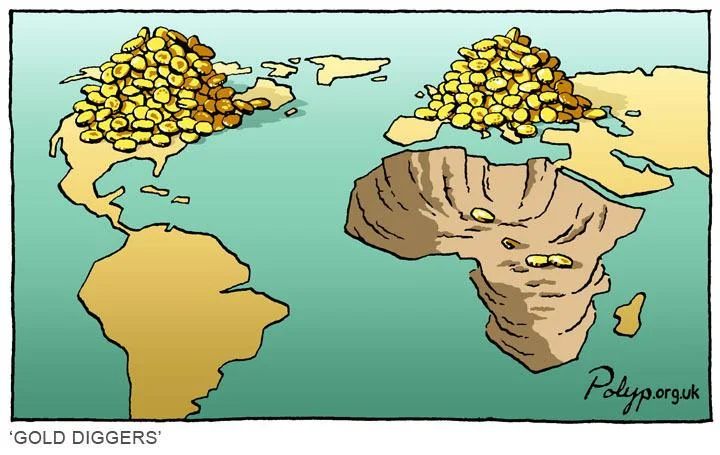
Given this reality, I find it increasingly important that we provide students with a deeper understanding of what imperialism looked like a century ago and how it has shaped the modern world. To facilitate finding resources that you can use in the classroom, I’m including links below to all the posts I have written about New Imperialism.
Thank you for your ongoing support of this newsletter. Your support is what makes it possible. If you would like, please forward this message to a friend or colleague and let them know where they can subscribe. (Hint: it's here.) If you find these posts helpful, please consider becoming a paying subscriber. Your support allows me to continue this work.
If you have any comments or suggestions, please share them with me or post them below. I can also be reached on Twitter, Facebook, Instagram, and email. And now I can also be found on Mastodon, in case Twitter implodes.
Less Scrambling, More Reflecting: How We Can Better Teach about the European Colonization of Africa
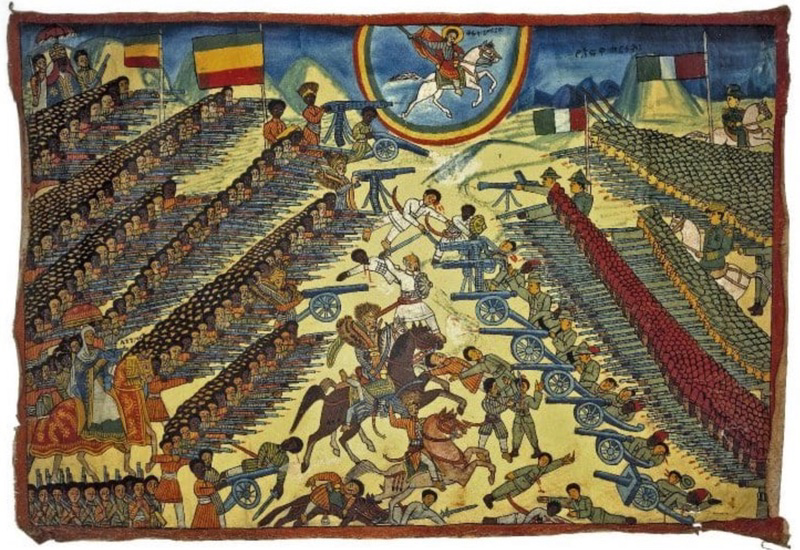
“White Devils All Over Asia”: Teaching New Imperialism, c.1850 - c.1940
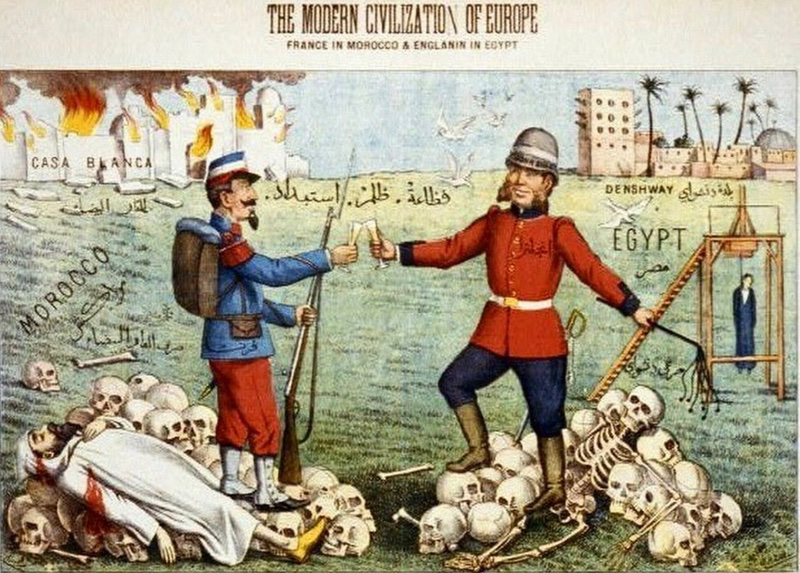
“Pilfering Our Resources”: Teaching the Causes of New Imperialism with Primary Sources
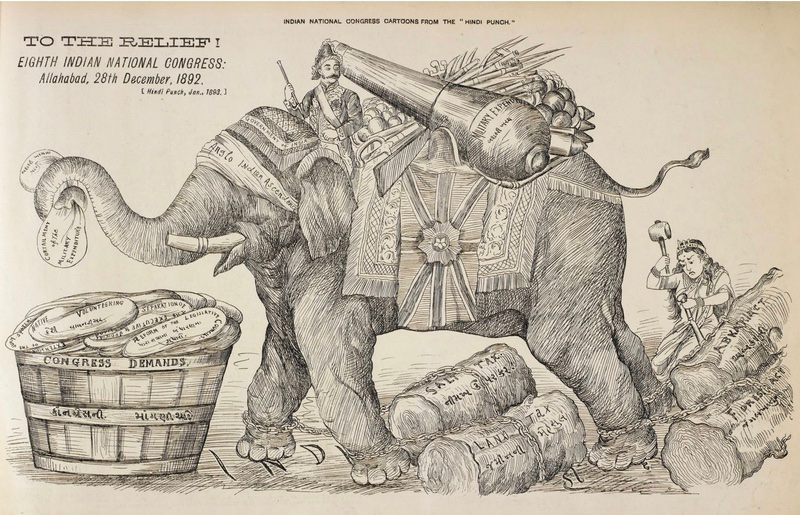
“The Invaders Will Know No Tranquility”: The Transition to New Imperialism, 1840-1880
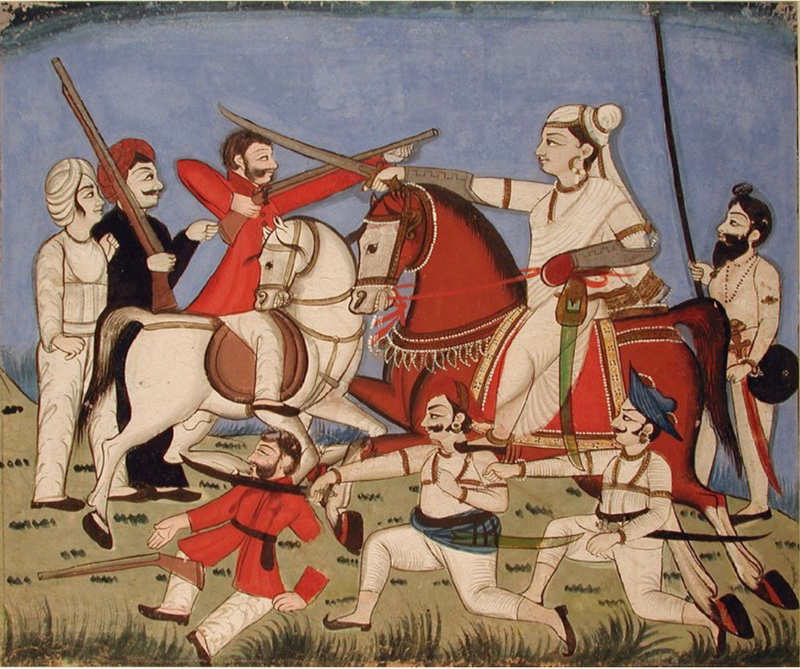
“British boxing versus Indian fisticuffs”: South Asia in the Era of New Imperialism, c.1860 - c.1940
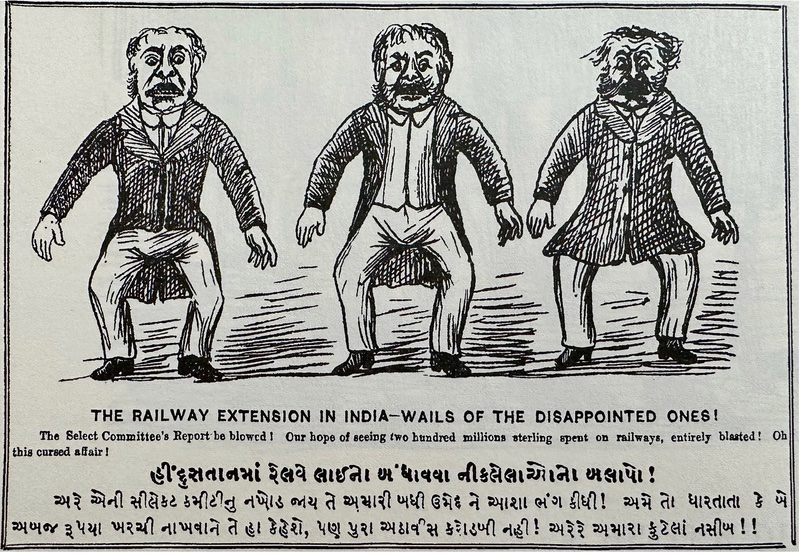
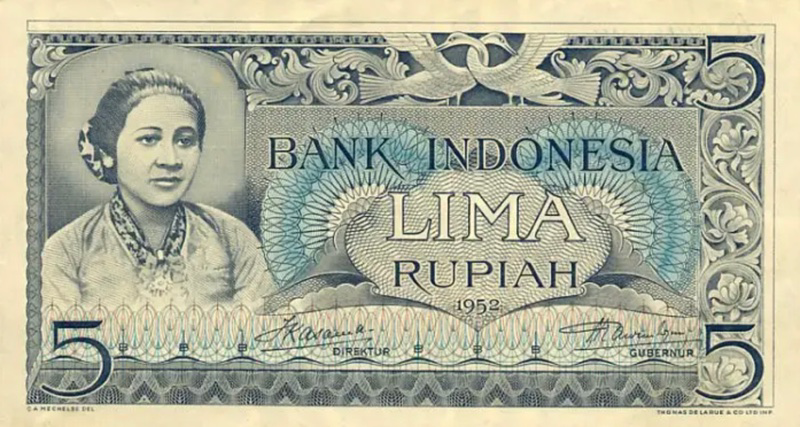

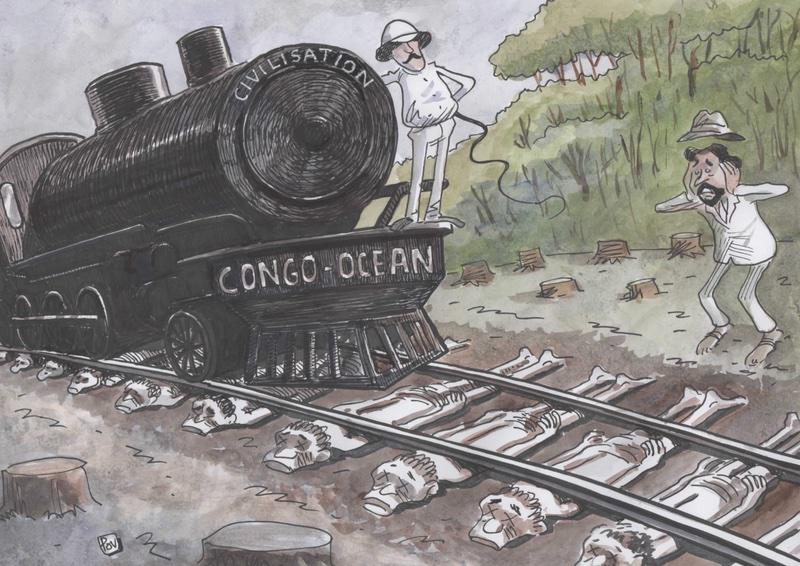
“Among a Kindred People”: The Pacific Islands in the Era of New Imperialism, c.1840 - c.1930
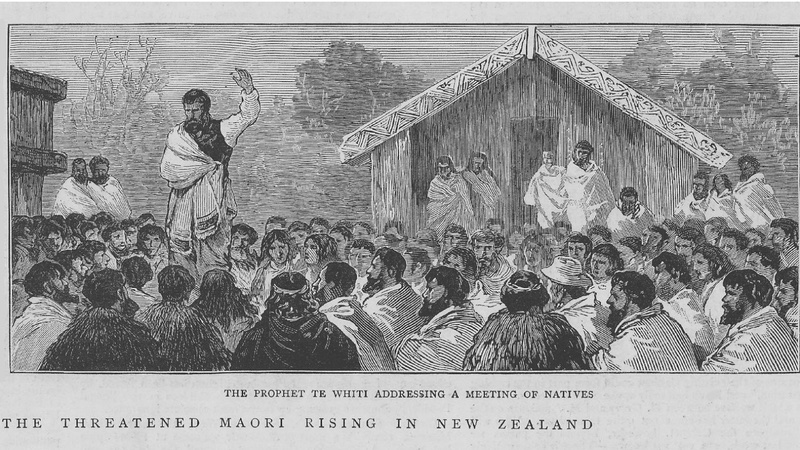

“To Fight to the Last”: Historical Imagination and African Resistance to New Imperialism
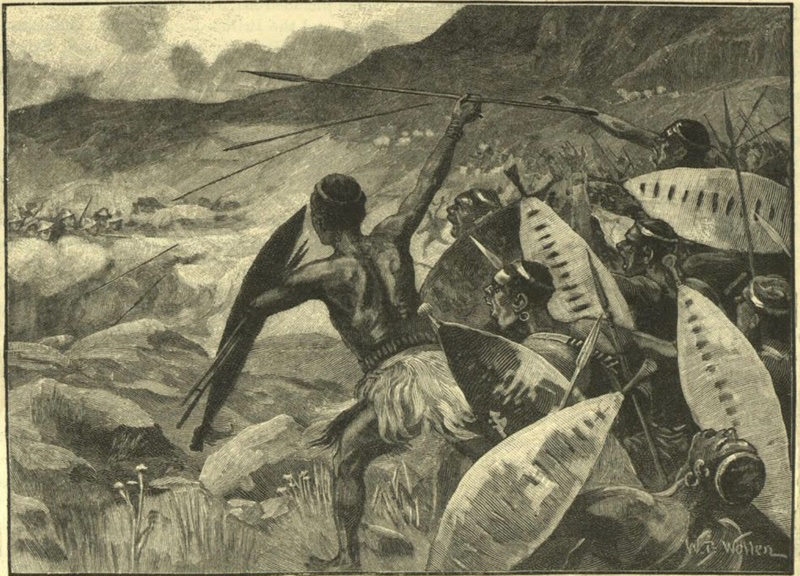
“We Were Not Free”: American and Japanese Imperialism, c.1860 - c.1940
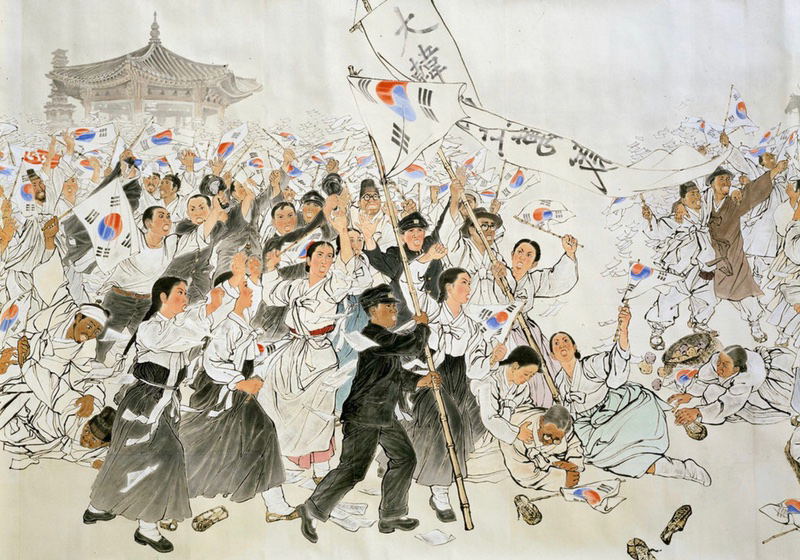
Liberating Narratives Newsletter
Join the newsletter to receive the latest updates in your inbox.

